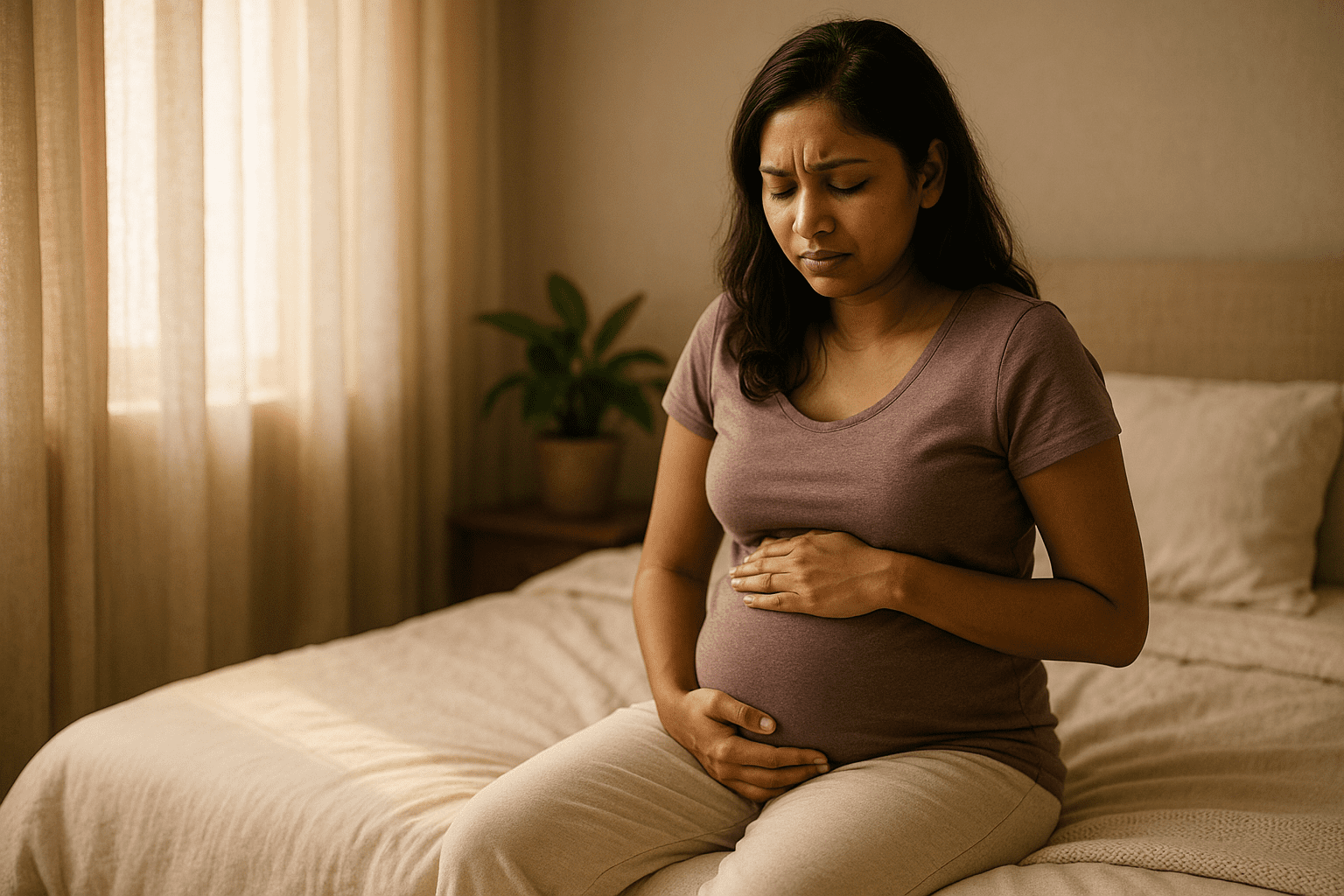How to get pregnant — it’s a question I asked myself when we decided to try for our second baby after Shriya. As a gynecologist, I’d guided hundreds of women through this journey. But the moment it was me, every delay felt heavier, every negative test more personal. That’s when I realised: the science is universal, but the experience is deeply emotional.
If you’re Googling “how to get pregnant” at midnight while everyone else sleeps — I see you. This phrase might sound simple, but it carries layers of longing, planning, fear, and hope. Let’s walk through this together, step by step.
1. Know When You’re Ovulating (and Why It Matters)
Your chances of getting pregnant are highest during your ovulation window — usually around day 14 in a 28-day cycle. But cycles vary. Use ovulation predictor kits (OPKs), track cervical mucus changes, or use apps designed for Indian women like MyCalendar or Maya.
In my clinic, I met a 32-year-old woman who had been timing intercourse right after her period — completely missing ovulation. Once we corrected the timing, she conceived in two cycles.
Signs You’re Ovulating
| Sign | What It Means |
|---|---|
| Clear, stretchy mucus | Cervical fluid is fertile |
| Mild pelvic twinge | Possible ovulation pain (Mittelschmerz) |
| LH surge on OPK | Ovulation likely in 12–36 hours |
| Slight temperature dip/spike | Confirms ovulation retrospectively |
2. Don’t Obsess Over Timing — But Don’t Ignore It Either
Try every other day during your fertile window. This increases your chances of getting pregnant without adding pressure. Timing is important when you want to know how to get pregnant, but so is emotional ease.
3. Get a Basic Fertility Work-Up (It’s Not Just You)
If you’ve been trying for 6–12 months without success, both partners should get tested. In India, male factor infertility is often overlooked. A simple semen analysis and hormonal bloodwork can give you clarity.
4. Prioritise a Fertility-Optimising Lifestyle
How to get pregnant also means understanding what might be holding your body back. Aim for 7–8 hours of sleep, reduce processed foods, manage PCOS symptoms, and keep BMI in a healthy range.
I once had a patient lose just 4 kg — and her cycles normalized. Three months later, she was pregnant.
5. Be Cautious with Medicines and Supplements
There is no magic medicine to get pregnant fast. Avoid self-medicating with hormonal pills or herbal remedies. Folic acid is essential, and a doctor may recommend Vitamin D or inositol if PCOS is involved.
6. Factor in Emotional Health
Getting pregnant isn’t just physical. For many women Googling how to get pregnant, the emotional toll is just as real as any medical test. Journaling, counseling, and support communities can help ease that stress.
7. Understand When to Seek Help
Understanding when to seek help can also prepare you emotionally for what comes next. If you’re already thinking ahead, you might find it helpful to read about cramps during pregnancy and what to expect once you conceive.
For a trusted medical overview of fertility and conception basics, I recommend this Mayo Clinic guide on getting pregnant. It offers clear, evidence-based advice that complements what we’ve discussed here.
If you’re under 35 and trying for over a year, or over 35 and trying for 6 months, see a fertility specialist. If you have irregular periods, PCOS, or thyroid issues — don’t wait.
FAQs About How to Get Pregnant
Q1: Can I get pregnant during my period?
A: It’s unlikely but possible if you have a short cycle. Sperm can live up to 5 days.
Q2: Does age really affect fertility?
A: Yes. Fertility declines gradually after 30 and more sharply after 35.
Q3: Is there any way to get pregnant fast naturally?
A: Track ovulation, maintain a healthy lifestyle, and avoid stress. But no guaranteed shortcuts.
Getting pregnant isn’t just a goal — it’s a journey with its own pace. Trust your body, and don’t be afraid to seek help when needed. Whether it’s your first or fifth cycle of trying, remember — you’re not alone.
Disclaimer: While online articles like this one can offer valuable guidance, they are no substitute for personalised medical advice. Always consult your gynecologist before making any decisions related to fertility or treatment.
You’ve got this. ❤️

Meet Dr. Sonia Iyer — a seasoned gynecologist, mom of two, and trusted voice for women navigating the beautiful chaos of pregnancy and early motherhood. With over 11 years of clinical experience and a deep understanding of real-life parenting, she brings clear, compassionate, and expert-backed advice to every blog she writes.




Pingback: Pregnancy Tips for First Time Moms: 9 Proven Ways to Stay Confident